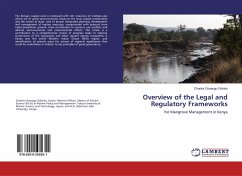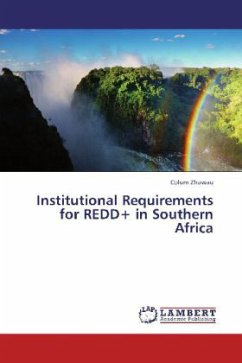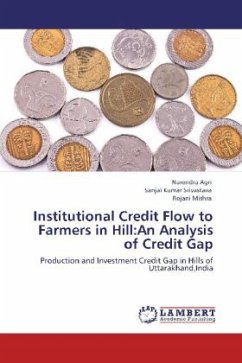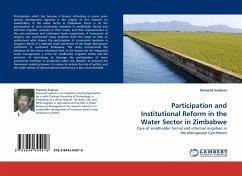This book contributes to gaps that exist on institutions that are involved on the governance and management of land in response to climate change for success adaptation to climate change by the communities. This book can be used in higher institution of learning, communities, practitioners in the governmental sectors, civil society and the private sector. The book assesses institutional frameworks on sustainable land management and climate change adaptation in Chivi district in Zimbabwe. The institutions that are involved in the governance of land in Chivi district include the state and traditional land management agencies. These institutions lack capacity to effectively manage the land as a means to climate change adaptation. The land has been left exposed to land degradation due to poor farming methods, poor coordination of land management activities, non-use of soil and water conservation techniques, deforestation and gold panning among others. There are no clear defined duties within traditional institutions. There is also conflict on land management between traditional institutions and local government structures that include councillors.
Bitte wählen Sie Ihr Anliegen aus.
Rechnungen
Retourenschein anfordern
Bestellstatus
Storno








